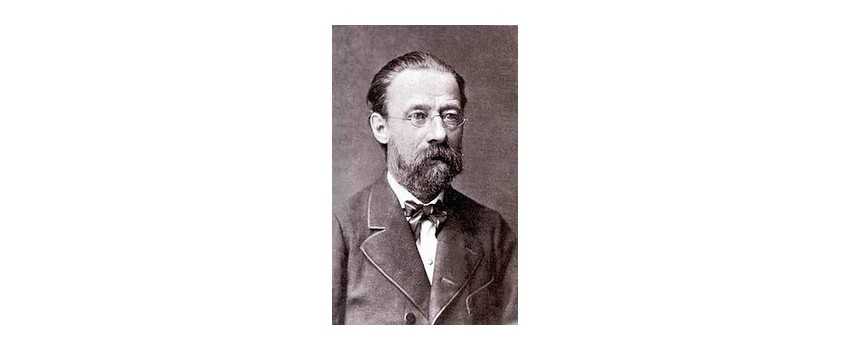Smetana, Bedrich
Bedrich Smetana, a renowned Czech composer, is hailed as the Czech National School of Music creator. His contributions to opera and symphonic poems have left an indelible mark on the music world. Born on March 2, 1824, Smetana received his musical training from his father, a self-taught violinist.
Early Life and Musical Education
Bedrich Smetana's musical journey began at a young age, as he studied piano with a trained tutor when he was just six years old. He displayed remarkable talent and even performed in front of an audience. As he continued his studies, Smetana became a music tutor for Leopold, Count von Thun's family. This experience further nurtured his passion for music.
Founding a Piano School and Marriage
In 1848, encouraged by the renowned composer Franz Liszt, Smetana founded a piano school in Prague. This marked a significant milestone in his career as he established himself as a respected musician. The following year, he married the talented pianist Katerina Koláová, who would become his lifelong partner and collaborator.
The Rise of a Uniquely Czech Composer
Smetana's breakthrough as a composer came in 1866 when he premiered his first opera, "Braniboi v echách" (The Brandenburgers in Bohemia), in Prague. This was swiftly followed by the premiere of his second opera, "Prodaná nevsta" (The Bartered Bride), which solidified his status as a uniquely Czech composer. While his subsequent operas did not receive the same acclaim, Smetana's contributions to Czech music were undeniable.
Dalibor and Libue: Exploring New Influences
In 1868, Smetana composed "Dalibor," an opera influenced by the works of Richard Wagner. Although it showcased his versatility as a composer, it did not achieve the same popularity as "The Bartered Bride." Another notable composition during this period was "Libue," named after a mythical character in Prague's history. It was intended to commemorate Emperor Francis Joseph's planned coronation as King of Bohemia, a momentous event that never came to fruition. However, "Libue" was not performed until 1881, further highlighting the complexities of Smetana's career.
The Battle with Illness and Deafness
In 1874, Smetana's health began to deteriorate due to syphilis. He resigned as the conductor of the Prague Opera, expressing deep concern about his condition. Tragically, he went completely deaf later that year. Despite this immense challenge, Smetana continued to compose, leaving behind a remarkable body of work. Between 1874 and 1879, he created the "Má vlast" (My Country) series of six symphonic poems, including the iconic "Vltava" (The Moldau), "Z such luh a háj" (From Bohemia's Meadows and Forests), and "Vyehrad" (named after a fortress in Prague).
Musical Legacy and Final Years
During his final years, Smetana composed several notable works, including the deeply personal "Z mého ivota" (From My Life) string quartet, regarded as one of his finest compositions. Additionally, "Hubika" (The Kiss) successfully premiered in 1876, and "ertova stna" (The Devil's Wall), performed in 1882, showcased his continued creative output. Smetana also composed numerous piano solos, including several polkas, further highlighting his virtuosity as a pianist.
The Struggles and Tragic End
Smetana's battle with illness took a toll on his mental health, leading him to enter a psychiatric hospital in Prague. His condition worsened, and he suffered from depression and other signs of mental illness. Bedrich Smetana tragically passed away on May 12, 1884, leaving a remarkable musical legacy behind.
The Smetana Society and Continuing Influence
The Smetana Society, established in Prague in 1931, is a testament to the enduring impact of Bedrich Smetana's music. The society runs a museum that houses the composer's manuscripts and actively supports the publishing and production of his compositions. Works such as "The Bartered Bride," "My Nation," and the piano trio continue to be performed worldwide, ensuring that Smetana's contributions to Czech music live on.
Conclusion
Bedrich Smetana's role as the father of Czech nationalist music cannot be overstated. Through his operas, symphonic poems, and piano compositions, he not only shaped the musical landscape of his homeland but also left an indelible mark on the global music scene. Despite the challenges he faced, including illness and deafness, Smetana's unwavering dedication to his craft and his unique musical voice continue to resonate with audiences today. His legacy inspires aspiring composers and is a testament to music's power in expressing national identity.


